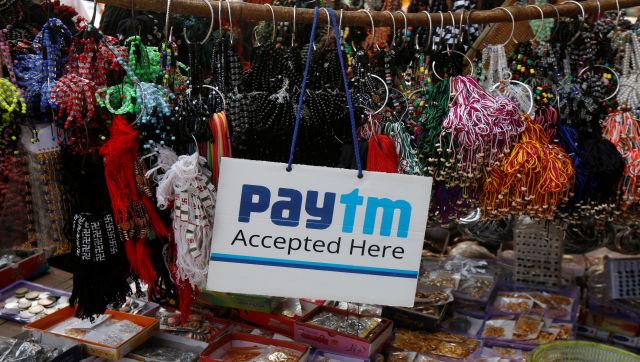In the fast-evolving landscape of digital payments in India, the recent directive from the Reserve Bank of India (RBI) towards Paytm has sparked discussions on the critical role of robust institutions in ensuring stability.
Blow to Paytm Paytm, a digital payments giant controlling around 13 per cent of the market share in India, has been dealt a significant blow by the RBI. The central bank’s order, effective from March, cripples Paytm’s business by halting digital payments and restricting the topping up of wallets. This move has far-reaching consequences, affecting the 500 million Indians who rely on Paytm’s services through 300 million digital wallets and 30 million bank accounts. The RBI’s decision is characterised by a sweeping order, citing “persistent non-compliances and material supervisory concerns” on Paytm’s part. While the specific details of non-compliance are not disclosed, the central theme revolves around adherence to Know Your Customer (KYC) rules. The scrutiny initiated in 2018 primarily centres on how Paytm handles customer information and its compliance with privacy and security norms. KYC, or Know Your Customer, is likened to a stringent bouncer at the entrance of a club. Before granting access, the bouncer verifies your identity by checking your photo ID against your face. Similarly, banks, including digital payment providers like Paytm, must collect and verify customer information to ensure compliance with regulations. Privacy and data protection Just as a respectful bouncer would safeguard your privacy, banks are obligated to maintain secrecy and protect personal information. Paytm’s alleged non-compliance with KYC rules may involve concerns about how the company shares customer information with its associates, raising questions about privacy and data protection. Another layer of complexity surrounds Paytm’s investors, particularly the Chinese company “Ant-Fin”, an affiliate of the Alibaba Group. With almost a 10 per cent stake in Paytm, questions arise about the impact of Chinese investments in Indian digital payment platforms. The increasing scrutiny of Chinese companies in India adds a speculative dimension to the situation. Following the RBI’s order, Paytm’s shares experienced a 20 per cent decline, signalling the seriousness of the situation. The company asserts its commitment to complying with the RBI’s directions promptly. This crackdown sends a clear message not only to Paytm but to all digital payment providers that despite driving a payment revolution in India, adherence to regulations is non-negotiable. The RBI’s order on Paytm underscores the crucial role of robust institutions in maintaining stability in the financial sector. It highlights the need for digital payment providers to operate within the framework of regulations particularly in handling customer information. As the industry continues to evolve, the Paytm case serves as a cautionary tale for others, emphasizing the importance of playing by the rules to ensure the long-term stability of the digital payments ecosystem in India. Views expressed in the above piece are personal and solely that of the author. They do not necessarily reflect Firstpost’s views. Read all the Latest News , Trending News , Cricket News , Bollywood News , India News and Entertainment News here. Follow us on Facebook , Twitter and Instagram .
)